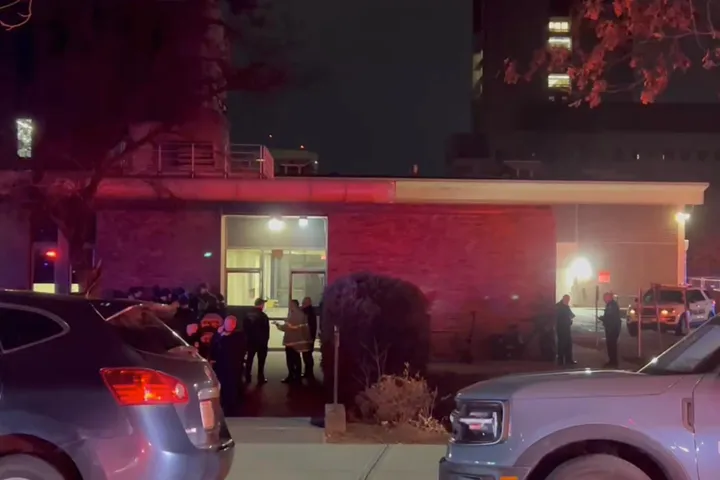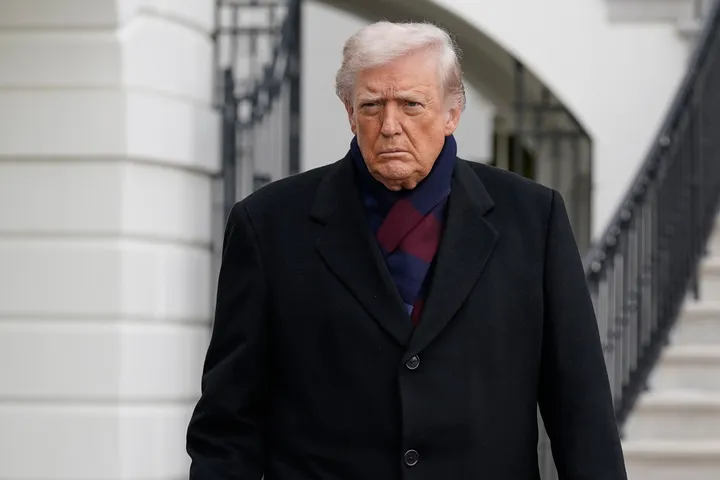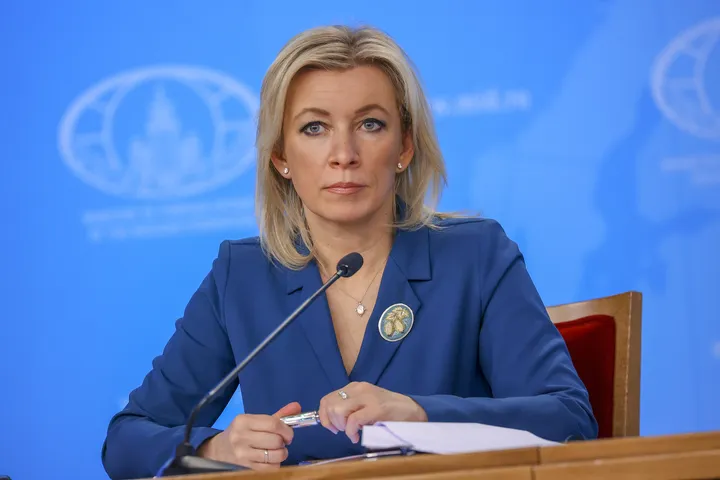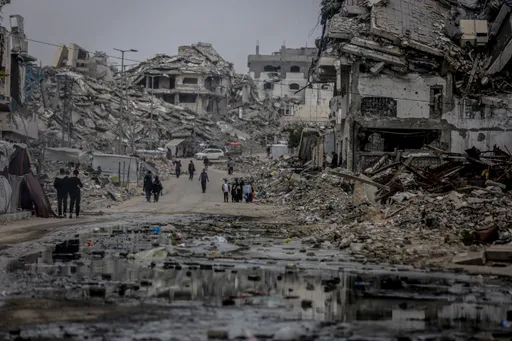The US says it has closed its consulate in Chengdu, China. China ordered the consulate closed in retaliation for a US order to shut down the Chinese Consulate in Houston last week.
A statement from the State Department said that the consulate suspended operations at 10 am (0200 GMT) on Monday. It expressed disappointment at China’s decision and said the US would try to continue its outreach to the region through its other missions in China.
The consulate in southwestern China “has stood at the center of our relations with the people in Western China, including Tibet, for 35 years,” the statement said.
"At 10am on July 27th, according to the Chinese side's request, the US consulate in Chengdu was closed. Afterwards, Chinese authorities entered through the front entrance and took it over," the Chinese Foreign Ministry's public diplomacy office said in a statement on its official social media account.
The American flag was taken down at the consulate, according to state media.
State broadcaster CCTV said on its social media account that the flag was lowered at 6:18 am on Monday (2218 GMT Sunday) at the US mission in Chengdu, the capital of Sichuan province.
Police have closed off a two to three block area around the consulate, cutting off virtually any view of the property. Vehicles could be seen moving in the distance behind multiple police lines.
READ MORE:Why has Trump shuttered the Chinese consulate in Houston?
Escalation in tensions
China ordered the closing of the consulate on Friday in retaliation for a US order to close the Chinese Consulate in Houston. The tit-for-tat closings marked a significant escalation in the tensions between the two countries over a range of issues, including trade, technology, security and human rights.
Moving trucks arrived at the US consulate on Sunday afternoon and left a few hours later. Late at night, flatbed trailers entered the complex. One later emerged carrying a large shipping container and a crane.
Before the area was closed, the impending closure of the consulate drew a steady stream of onlookers over the weekend as Chengdu, like Houston, found itself in the limelight of international politics.
People stopped to take selfies and photos, jamming a sidewalk busy with shoppers and families with strollers on a sunny day in the city of Chengdu. A little boy posed with a small Chinese flag before plainclothes police shooed him away as foreign media cameras zoomed in.
Police had shut the street and sidewalk in front of the consulate and set up metal barriers along the sidewalk on the other side of the tree-lined road.
READ MORE:Pompeo warns nation's governors to be wary of China
Tight security
Uniformed and plainclothes officers kept watch on both sides of the barriers after scattered incidents following the Chengdu announcement on Friday, including a man who set off firecrackers and hecklers who cursed at foreign media shooting video and photos of the scene.
A man who tired to unfurl a large placard late on Sunday that he called an open letter to the Chinese government was quickly taken away.
Earlier, a bus left the consulate grounds and what appeared to be embassy staff spoke with plainclothes police before retreating back behind the property's solid black gates. It wasn’t clear who or what was on the bus.
Three medium-sized trucks arrived and left a few hours later, and cars with diplomatic plates departed in between.
The US alleged that the Houston consulate was a nest of Chinese spies who tried to steal data from facilities in Texas, including the Texas A&M medical system and the University of Texas MD Anderson Cancer Center in Houston. China said the allegations were “malicious slander.”
























